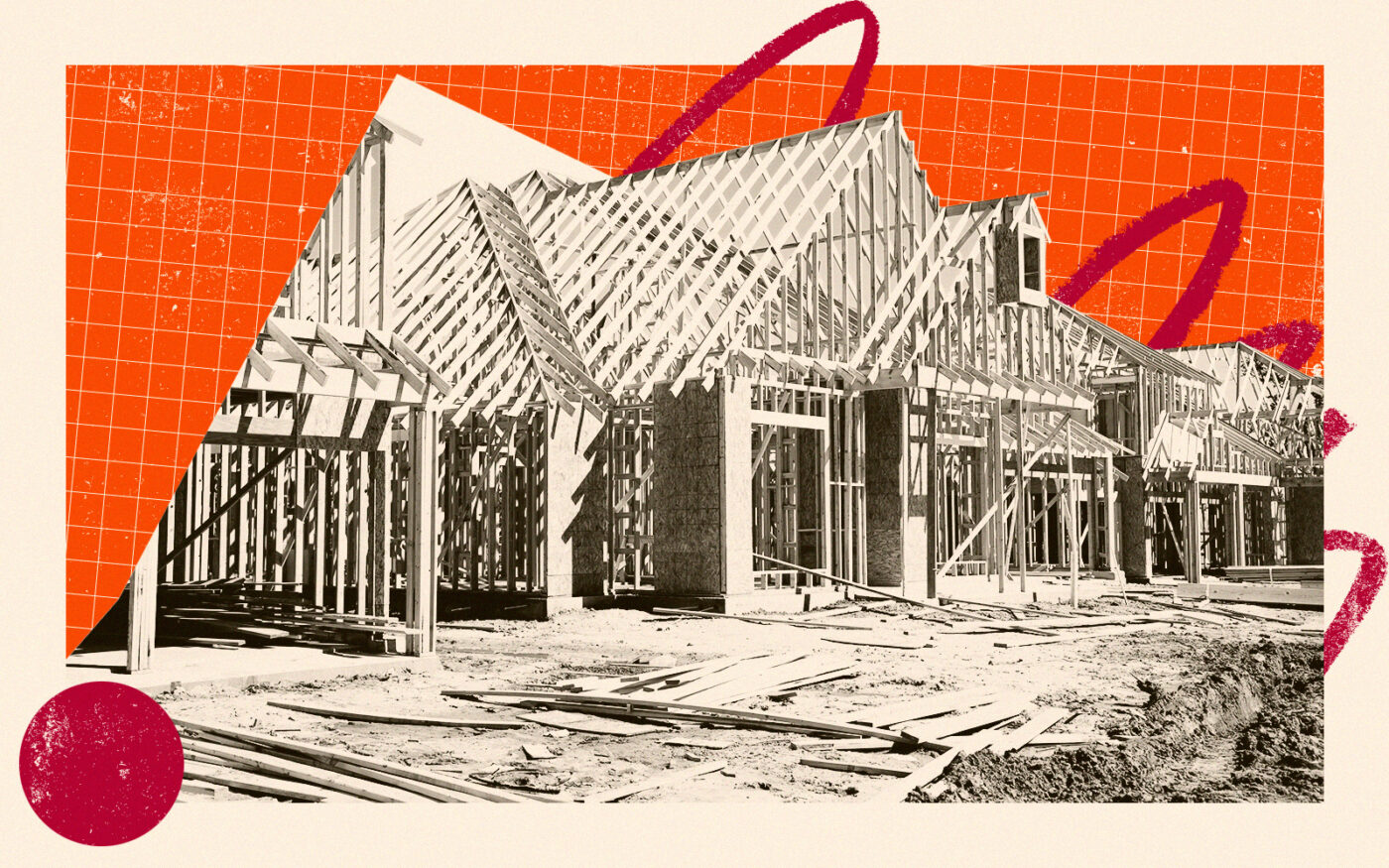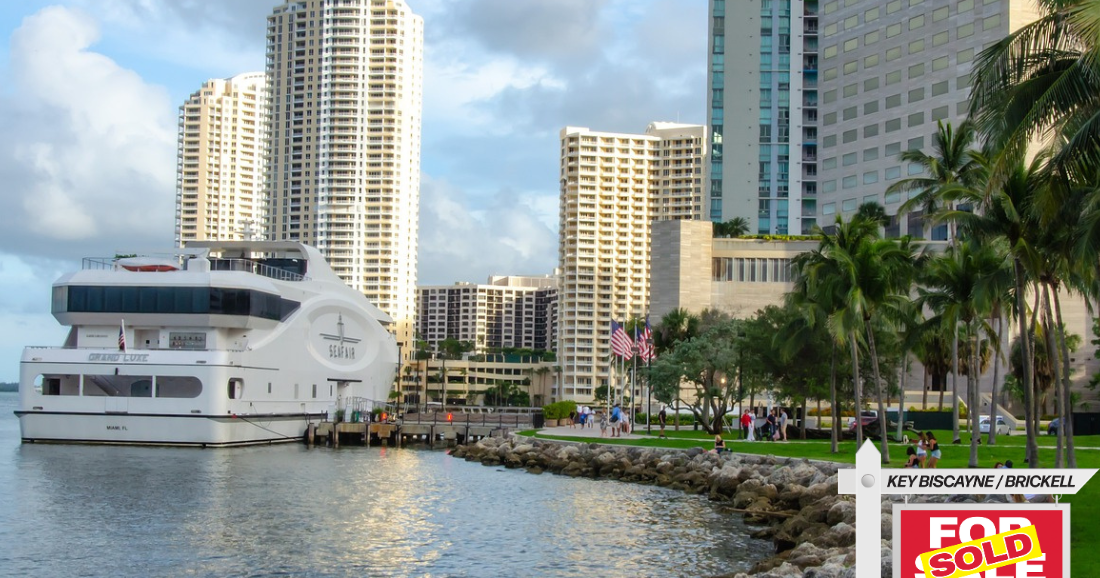Millions of homes are vacant despite squeezed housing market
The U.S. is in the midst of a housing crisis, but there’s still plenty of millions of empty homes.
Indeed, a recent analysis of the 2022 American Community Survey by LendingTree Inc. has unveiled a perplexing phenomenon in the United States — an estimated 5.5 million vacant housing units in the nation’s 50 largest metro areas, amounting to an 8 percent housing vacancy rate, the San Francisco Business Times reported.
This is at a time when the housing market is grappling with dwindling inventory and soaring prices, with the median price of new homes sold in August hovering around $430,300.
The reasons behind the vacancy glut are multifaceted: about 26.6 percent of these homes are empty because they are available for rent, while 17 percent remain vacant as they are used only part-time, like vacation or second homes. Another 8 percent are in a state of repair or renovation.
The presence of these 5.5 million vacant homes has prompted questions about their impact on the broader housing market. Jacob Channel, a senior economist at LendingTree, suggests that in theory, increasing housing supply should alleviate high home prices.
However, addressing the issue necessitates tailored policy solutions for each location where these homes lie idle.
Policy considerations range from imposing taxes on second homeowners, like the proposed pied-à-terre tax in New York City, to finding incentives to encourage the renting of vacant units to lower-income households struggling with market prices.
Among the markets scrutinized, New Orleans topped the list with a 16 percent vacancy rate, partly attributed to its post-Hurricane Katrina struggles and population decline. Miami and Tampa, popular vacation destinations, had a significant share of vacant units, primarily used for seasonal, recreational, or occasional purposes.
To add to the issue, many if not most of the vacant homes are not for sale. Richmond, Virginia, Austin, Texas, and San Antonio had the highest percentages of such homes. Foreclosures and abandoned properties were also found to be minimal reasons for vacancies in major housing markets.
Solving the housing crisis will require a multifaceted approach.
Indeed, in Braintree, just outside of Boston, an apartment project recently proposed by a national housing developer became the epicenter of a contentious eight-month saga, illustrating the challenges of addressing the housing crisis in Greater Boston, the Boston Globe reported.
Developer ZOM Living’s plan involved constructing two large buildings with a total of 495 units on underused parking lots near the South Shore Plaza..
But the project was met with significant opposition from residents, spurred on by Mayor Charles Kokoros’s vocal disapproval.
Residents raised concerns about density, traffic, water and sewer infrastructure, and crime, with some likening the proposed apartments to arsenic.
The proposal was eventually killed.
— Ted Glanzer

.jpg)

